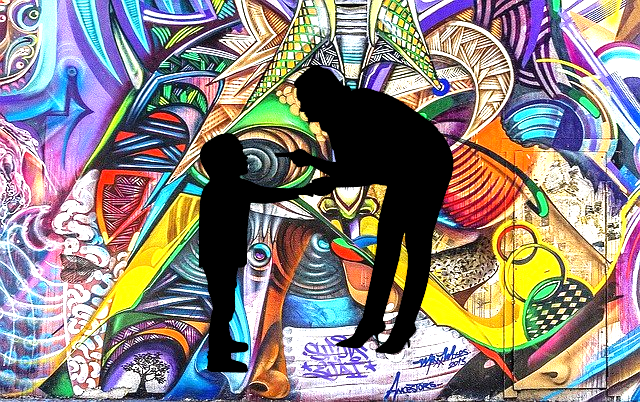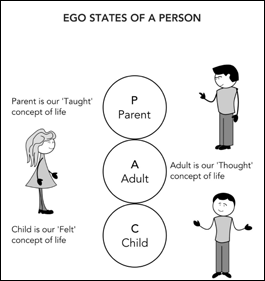
The life that you ultimately come to live, and all that you think, feel, say, and do in it, is for the most part lived out subconsciously through the psychological games you play, and which are especially evident in your relationships.
| Games are subconsciously created, subconsciously driven, and subconsciously played out. They are the outward expression, played out in your relationships, of the inwardly held set of beliefs that define your script. |
Eric Berne, the same person who developed script theory, proposed that we play these psychological games for one reason only: as a way to find confirmation or validation for our deeply held values and beliefs about ourselves and about others: our life script.
To clarify this further, let’s refer back to the life positions Victor, Vi...
Read More













 Many years ago, people believed that a healthy relationship looked like this: two complementary halves making a whole. Now we understand that a relationship that looks like this is far from complementary and where generally one person in the couple dominates the other.
Many years ago, people believed that a healthy relationship looked like this: two complementary halves making a whole. Now we understand that a relationship that looks like this is far from complementary and where generally one person in the couple dominates the other. People often wonder whether Couples Counselling works when one partner isn’t present at the counselling session. Absolutely, yes, it works. If one of the partners change, then the other will respond to the changes. Of course, this does not guarantee positive change or that the relationship will work out, but it does start changing the situation from its current, unsatisfying state.
People often wonder whether Couples Counselling works when one partner isn’t present at the counselling session. Absolutely, yes, it works. If one of the partners change, then the other will respond to the changes. Of course, this does not guarantee positive change or that the relationship will work out, but it does start changing the situation from its current, unsatisfying state.
